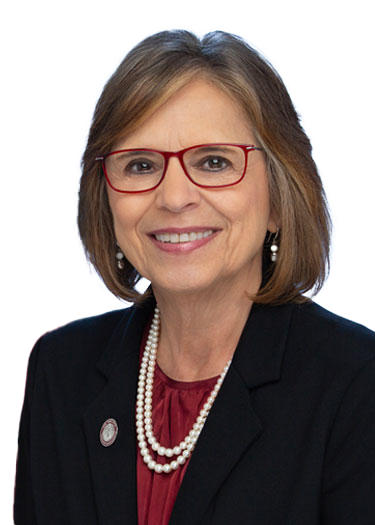Assemblymember Lupardo and Senator Metzger Host Discussion on Soil Health with Key Stakeholders from Across the State
Albany, NY – On Wednesday, February 5, Assemblywoman Donna Lupardo and Senator Metzger, Chairs of the Assembly & Senate Agriculture Committees hosted a roundtable discussion on the importance of soil health.
Attendees included farmers, farm organizations, environmentalist groups, experts from Cornell University, the Department of Agriculture and Markets’ Commissioner Ball and staff, along with representatives from the Soil Health Institute, New York Farm Bureau (NYFB), Northeast Organic Farming Association (NOFA), the New York State Vegetable Growers Association and others. Participants in Wednesday’s roundtable discussed their own efforts to improve soil health, as well as some of the barriers they’re facing.
“Agricultural practices that foster soil health can play a significant role in the state’s climate protection strategy,” said Assemblywoman Lupardo. We were challenged by the participants to help create a “culture of soil health,” through smart policies and wise investments. I’d like to thank the participants and look forward to the continued conversation on this important topic. “
“We wanted to bring farmers and experts together to see how the legislature can best support farmers in their efforts to improve soil health," said Senator Metzger. "We can address many issues simultaneously with healthy soils: Improving agricultural productivity and long-term sustainability, protecting our water resources and reducing the severity of climate change, and strengthening the resilience of farms to extreme weather events."
Soil health strongly factors in to farm sustainability, consumer demand for fresh and local, carbon sequestration, and environmental conservation. Outcomes for soil health programs include improved water quality, reduced erosion, increased resiliency for farms and forests, lower costs of stormwater control and other savings that can then be reinvested.
The meeting produced a number of ideas of how the state could help stakeholders’ efforts, including providing funding and incentives for farmers to make investments in new practices and management systems, more farmer-to-farmer information-sharing about what works and what doesn't, and continued support of New York's network of on-the-ground experts through Cornell Cooperative Extension and the Soil and Water Conservation Districts. There was also wide agreement on the need to be flexible, as there is no one-size fits all approach for farmers to improving soil health.
